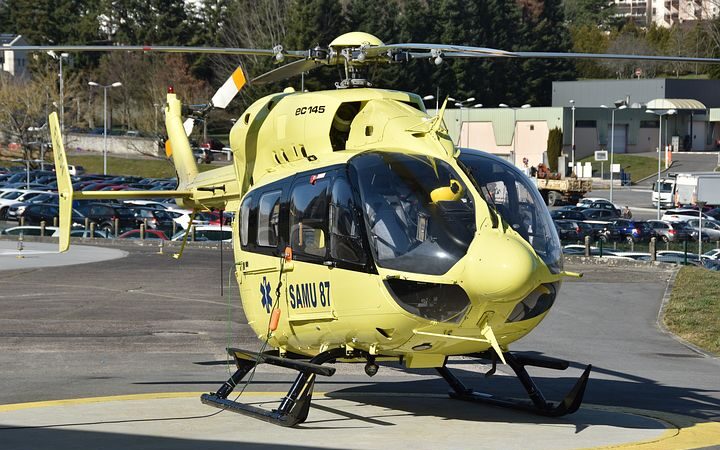
In the realm of aviation, the role of helicopters stands distinct. These remarkable machines offer unparalleled versatility in areas ranging from rescue operations to high-end tourism. However, piloting these sophisticated aircraft requires more than just basic flying skills; it demands comprehensive helicopter education.
The Intricacies of Helicopter Mechanics
To understand why advanced training is critical, one must first appreciate the complexities of helicopter mechanics. Unlike aeroplanes, helicopters possess the unique ability to hover, take off, and land vertically. This agility stems from their rotor system, which allows for intricate manoeuvres in confined spaces. Piloting a helicopter, therefore, involves mastering the nuances of vertical flight, which is significantly different from the fixed-wing dynamics of aeroplanes.
Safety First: Navigating Emergency Scenarios
Another pivotal aspect of expert rotorcraft instruction is emergency preparedness. Helicopter pilots must be adept at handling potential crises such as engine failures, adverse weather conditions, and emergency landings. Advanced training equips pilots with the skills to navigate these scenarios safely, thereby ensuring not only their safety but also that of their passengers.
The Role of Simulation in Helicopter Training
Modern helicopter education programmes heavily incorporate flight simulators. These high-tech platforms provide a risk-free environment for pilots to hone their skills. Simulators can replicate a wide array of flight conditions and emergencies, offering a comprehensive training experience. This inclusion of technology in training is not just a trend but a necessity in the ever-evolving field of aviation.
Beyond the Cockpit: Understanding Air Traffic Control
An often overlooked element of helicopter pilot training is communication. Pilots must effectively communicate with air traffic control, especially in congested airspace. This interaction ensures safe flight paths and prevents aerial collisions. Therefore, advanced training also focuses on enhancing pilots’ communication skills, which is crucial for maintaining airspace safety.
Exploring Career Opportunities in Helicopter Aviation
For those pursuing a career in helicopter aviation, advanced training opens a myriad of opportunities. From becoming an instructor to piloting commercial tours or engaging in search and rescue missions, the possibilities are vast. This versatility makes helicopter piloting an attractive and exciting career path.
For students and enthusiasts eager to take their progression forward, there are tips and advice regarding the future of aviation careers. Local members have an opportunity to see how trends and emerging technologies are paving the way for advanced roles within organisations.
The Importance of Continuing Education in Aviation
Aviation, as an industry, is continually evolving. New technologies and changing regulations make it imperative for pilots to engage in ongoing education. Continuous learning in aviation not only keeps pilots abreast of the latest developments but also reinforces safety and efficiency in their flying practice.
Conclusion
Helicopter aviation is a dynamic and challenging field that offers a range of opportunities for those willing to undergo the necessary training. Advanced helicopter training goes beyond mere flight skills, encompassing mechanics, safety, simulation, communication, and career opportunities.
It is a pathway to mastering the skies, ensuring safety and efficiency in every flight. For aspiring pilots, investing in such training is not just a career move; it’s a commitment to excellence in a field that demands nothing less.



